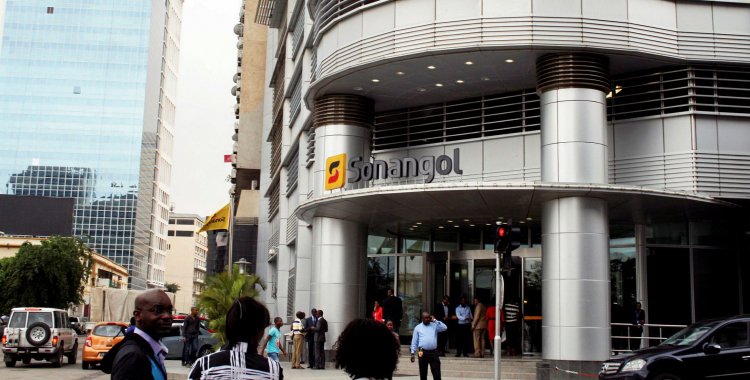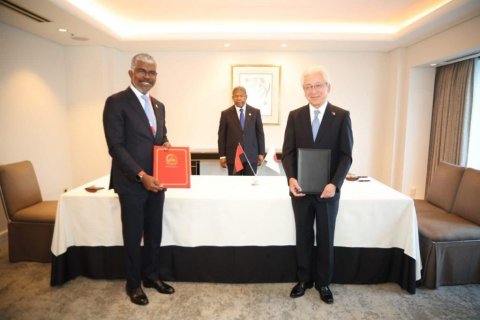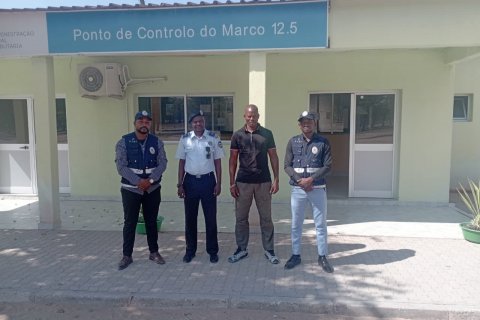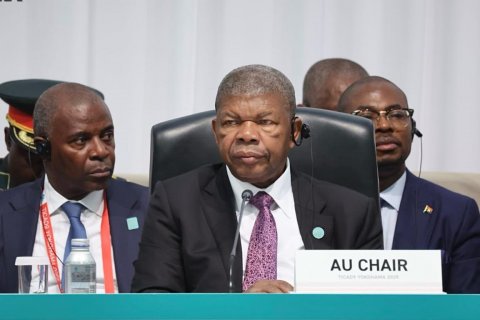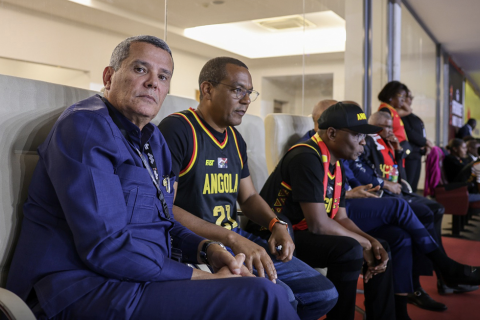In addition, both companies should take advantage of the potential synergies they have to develop, particularly in the area of energy transition, but also in commercial and industrial areas, considers that entity, which also does not rule out the possibility of strengthening Sonangol's position in Galp.
"The first conclusion reached through this short analysis is the need to legally reformulate Sonangol's participation in Galp," reads the document to which Lusa had access.
Therefore, they "strongly advise" the development of synergies "in the areas of energy transition," particularly in solar energy, but also in commercial and industrial areas.
The development of synergies in the area of energy transition is, however, for Cedesa "the most promising option" for both companies.
"Galp has already embarked on an advanced energy transition program and Sonangol wants to take firmer steps in this direction (...), the alliance or cooperation between Sonangol and Galp in this area, particularly in solar energy, where Galp, as mentioned, has a prominent position in the Iberian Peninsula, and Sonangol comes from a country with great potential, there is a great possibility of joint action," the document points out.
Regarding the possibilities of industrial and commercial synergies between the two companies, Cedesa considers that "obviously" these are also "immense". "From oil refining in Galp's refineries, to derivatives and shipping".
In addition, Sonangol can also benefit from "the use of Galp's experience in pre-salt prospecting in Brazil to open up new horizons in Angola," he stresses.
The report stresses that at a time when the oil company is in the process of restructuring and intends to privatize part of its capital, "it is essential to consider what it will do about its stake in Galp," but without considering the sale.
Cedesa argues that "only after the fight against the covid-19 pandemic is over will it be possible to gauge Galp's trend market value".
Until then, "it will be precipitated to sell the position, at a time when it is devalued as a result of external impacts", caused essentially by the pandemic.
In Cedesa's opinion, an increase in Sonangol's stake in Galp would make sense if the oil company had "funds available for such an acquisition and saw an additional strategic interest that would lead it to have a more influential position in the company.
Currently, "Sonangol's position is 'sandwiched' between Amorim and Isabel dos Santos, and does not really have strategic room for manoeuvre and does not play a determining role in Galp, since it is always mediated by Amorim".
According to the news published this Monday, Sonangol wants to withdraw Isabel dos Santos' companies from the shareholder structure of Portuguese company Galp and this situation is being evaluated by the Dutch arbitration court and the final decision should be known in May.
Sonangol has a stake in Galp, through Amorim Energia, a company created in partnership with the Amorim family, which owns 33.33 percent of the Portuguese oil company.
However, Sonangol's position in Amorim Energia is also held indirectly, through Esperaza Holding.
Thus, the oil company holds 60 percent of Esperaza and the remaining 40 percent of the capital is in the hands of Exem, owned by the late Sindika Dokolo, husband of Isabel dos Santos.

